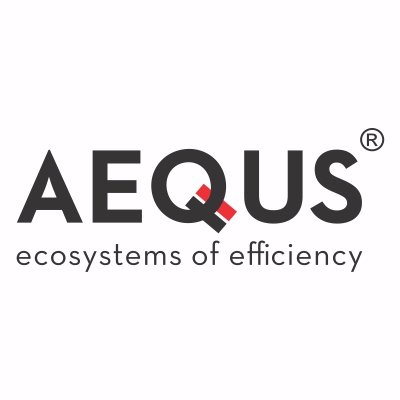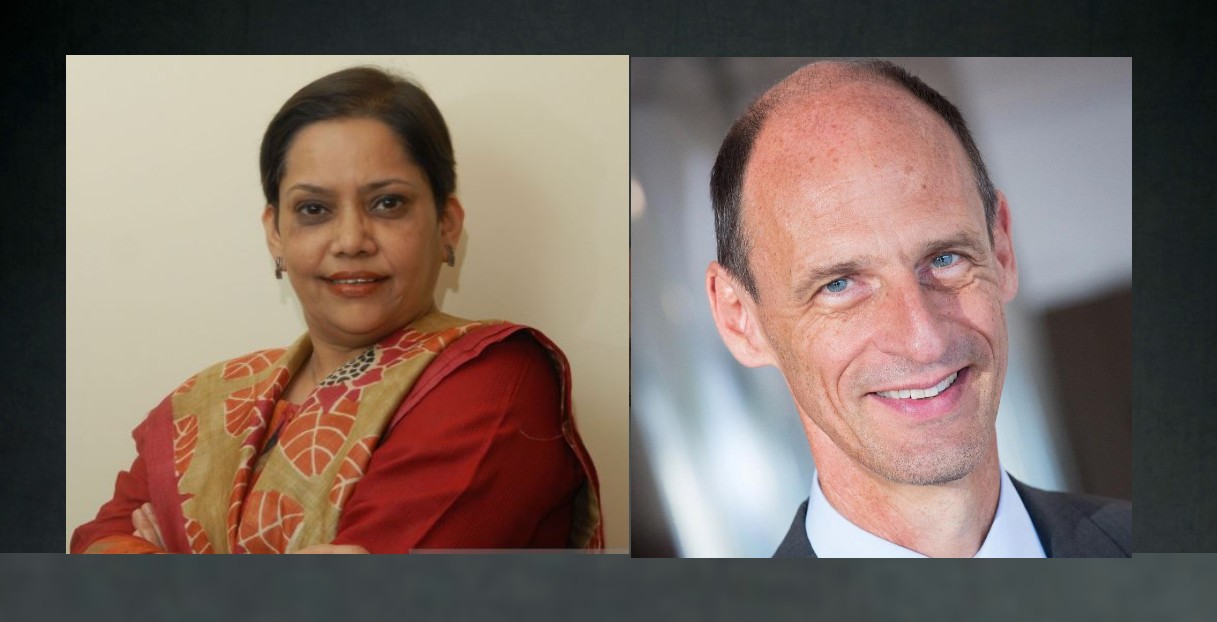Inducts former CPO of Airbus & BMW Klaus Richter, and QuantEco Founder and Former YES Bank Senior Group President & Chief Economist Shubhada M Rao.
Belagavi, NFAPost: Aequs, a diversified contract manufacturing company, has inducted two industry veterans and thought leaders into its Board of Directors. Aequs established India’s first Aerospace focused SEZ and recently it expanded its manufacturing ecosystems into the Toys and Consumer Durable Goods sectors.
Dr. Klaus Richter, former Airbus and BMW procurement head, and currently President designate of the Executive Board at German technology conglomerate Diehl Stiftung GmbH & Co., brings to the Aequs Board a deep understanding and experience in global supply chains.
His area of expertise is critical given emerging industry priorities in the wake of the Pandemic where supply chain players must rapidly adjust to a new normal with evolving customer expectations and the geopolitical situation. Credited with introducing car making strategies at Airbus, Aequs will leverage his expertise to do the same in other industry sectors it is expanding into.
Dr. Shubhada M Rao, founder of lead research house QuantEco, and former Senior Group President & Chief Economist at YES Bank, also inducted to the board. She complements the Board with her insights into the banking, financial markets, and risk management that will be invaluable for sound and informed decisions in relation to investment options and resource management. Her domain expertise and knowledge of the Indian economy will be critical as Aequs forays into consumer durable goods sector.

Commenting on their induction to the board, Aques Chairman & CEO Aravind Melligeri said the company is pleased to welcome Klaus and Shubhada as new independent directors to the Aequs board.
“Their presence will be a tremendous asset as we further our mission of expanding our manufacturing ecosystems to other sectors. We are confident along with existing board members Dr. Ajay Prabhu and Rajeev Kaul, they will provide valuable perspectives as we execute our strategy, enhance customer value, and drive profitability,” said Aravind Melligeri.
Dr. Klaus Richter said Aequs has been a highly competitive, reliable supplier and partner to various aerospace customers over the past several years.
“I am delighted to support the strong team in their efforts to further develop the business and in strengthening its supply chain strategies as it expands into other industries,” said Dr. Klaus Richter.
Dr. Klaus Richter has specialised in developing strategies for supply chain management, setting them up and making them global. Until 2019 he was Chief Procurement Officer at Airbus Operations GmbH, Germany, and a member of Airbus Executive Committee. Before joining Airbus, Dr. Klaus Richter was Head of Materials Management at BMW.
On being part of Aques journey, Dr. Shubhada Rao said she is delighted to join the Board of Aequs, a company that epitomises the growth mantra ‘Make in India’ through its various business verticals, that have a sizeable global footprint.
“The company with its visionary leadership team, demonstrates enormous potential to emerge a significant global brand. In this journey, I look forward to my responsibility as a Board member,” said Dr. Shubhada Rao.
Dr. Shubhada Rao brings with her over 30 years of experience in academia and industry. Before setting up QuantEco, and her stint at YES Bank, she worked as Chief Economist with marquee financial sector entities like Kotak Institutional Equities, CRISIL and Times Bank and as an Economist with the Risk Department at Bank of Baroda. She has advised several central banks including the US Federal Reserve, the Bank of England, Bank of Canada on the Indian economy.
The expansion of the Aequs Board comes at a time when the group has set out on an ambitious growth path. Apart from establishing the Aerospace ecosystem at Belagavi, Aequs is founding two additional ecosystems, the Koppal Toy Manufacturing Cluster (KTC), and the Consumer Durable Goods Manufacturing Cluster (HDC), at Hubballi, both firsts of their kind in India. The two manufacturing ecosystems, when complete, are projected to provide direct employment approaching 40,000 people in the region.





